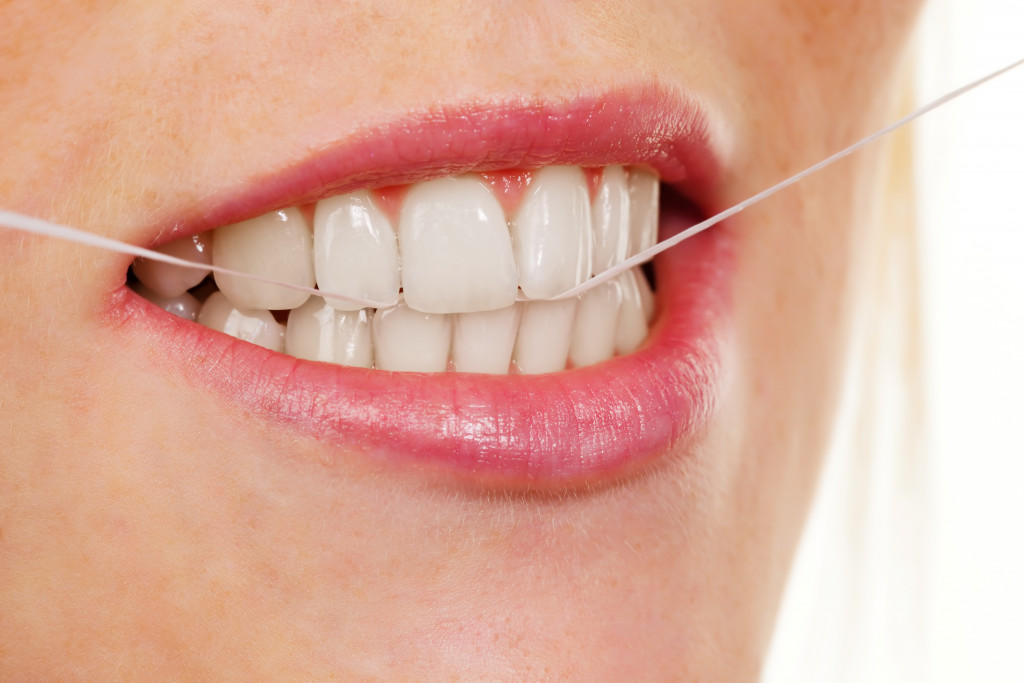A slight decrease in the percentage of adults who visited a dentist was noted between 2019 and 2020. Only 62.7 percent saw a dentist in 2020 compared to 65.5 percent in 2019. And more men opted not to visit a dentist during those years. But people need to visit their dentist regularly to maintain their oral health.
Maintaining good oral health is essential for many reasons. Not only does it help you keep your teeth and gums healthy, but it can also prevent bad breath and other oral health problems. To help you take care of your oral health, here are some tips:
Brush Your Teeth Regularly
Brushing your teeth is one of the most important things you can do for oral health. You can remove plaque and bacteria from your teeth and gums by brushing your teeth regularly. Removing plaque and bacteria can help keep your teeth healthy and free from cavities and other dental problems. Regular brushing can also help freshen your breath and keep your smile looking its best.
It would help if you remembered a few things when brushing your teeth, such as using the correct toothbrush, toothpaste, and technique. Be sure to talk to your dentist about the best way to brush your teeth to ensure that you are doing it correctly. Also, brush your teeth at least twice a day, as directed by your dentist. Taking good care of your teeth and gums can help keep your smile healthy and bright for years to come.
Floss Daily
Flossing is an integral part of oral care. It removes plaque and bacteria from teeth and gums, which can lead to cavities, gingivitis, and other dental problems. It’s best to floss once a day, but if that’s not possible, aim for at least three times a week.
Flossing is also a good way to dislodge food particles that can get trapped in teeth and cause bad breath. Flossing is easy – wrap it around your middle fingers, and use a gentle back-and-forth motion. Get to the back of your teeth, and don’t forget your molars!
Ask your dentist for advice if you’re unsure how to floss correctly. They can show you the right way to do it and recommend the best floss type for your individual needs.
Flossing is essential to good oral health, so be sure to make it a part of your daily routine!

Use Dental Appliances Whenever Necessary
Another critical part of good oral hygiene is using dental appliances whenever necessary. Dental appliances can help keep your teeth and gums healthy by preventing or correcting dental problems. Some common dental appliances include braces, retainers, and dentures.
If you are a chronic clencher, you should look for a reliable anterior deprogrammer night guard. The appliance can help relax your jaw muscles when you sleep. It is also ideal for people experiencing discomfort due to their overbite. This dental appliance can also benefit people who went through complete mouth reconstruction.
If you need a dental appliance, speak with your dentist about the best option. Dental appliances can be essential to keeping your smile healthy and beautiful!
Eat a Balanced Diet
A balanced diet is vital for good oral health. Eating various nutritious foods helps keep your teeth and gums healthy by providing the essential vitamins, minerals, and nutrients your body needs. A balanced diet also helps to control your weight, which can reduce your risk of developing gum disease.
Some key nutrients that are essential for oral health include:
- Vitamin C: Vitamin C is necessary for healthy gums. It helps to protect the connective tissue that holds teeth in place and supports the gums. Vitamin C is also an antioxidant, which helps protect teeth from damage caused by free radicals.
- Calcium: Calcium is necessary for strong bones and teeth. It helps to build and maintain bone mass and plays a role in tooth remineralization.
- Folic acid: Folic acid is vital for pregnant women, as it helps to prevent birth defects of the brain and spine. Folic acid is also essential for healthy gums, as it helps to prevent gum disease.
- Iron: Iron is needed to produce red blood cells. Low iron levels can lead to anemia, which can cause fatigue and poor oral health.
- Zinc: Zinc is vital for wound healing and immune system function. It also plays a role in tooth remineralization.
Quit Smoking
Smoking is one of the worst things you can do for oral health. It increases your risk of gum disease, cavities, and oral cancer. Quitting smoking is one of the best things you can do for your oral health. It will improve your overall health and reduce your risk of developing these problems.
Smoking also stains your teeth and leaves behind an unpleasant smell. If you smoke cigarettes or use other tobacco products, now is the time to quit.
Oral health is essential for many reasons; not only does it impact how you look but also how you feel overall. Good oral hygiene habits can prevent bad breath, tooth decay, gum disease, and other serious conditions. Use these tips on how to take care of oral health to have a healthy mouth.

